
Wikipedia defines Game Theory as “a hybrid branch of applied mathematics and economics that studies strategic situations where players choose different actions in an attempt to maximize their returns.” How does game theory apply to The Roots and this LP?
?uestlove: We named it based on the idea that strategy plays a big roll in life, hip hop culture, and yes even The Roots. and as far as the outcome of a situation—it’s really up in the air. Hip-Hop culture is “up in the air.” The state of a free world is “up in the air.” And if this project don’t work…who knows what will be waiting for me come March.
The sound and approach to creating the music of Game Theory is different than the last few records. What did you do differently and what did you hope to accomplish with this LP?
?uestlove: Well our approach was a more raw approach. This marks the first time that I didn’t use electric lady as my primary studio. So I had to experiment and explore in my own studios.
Are you looping your drums on the record?
?uestlove: Only (looping drums) on “Clock”. All the other shit I purposely let play to the end to prove it (“In The Music”, “Take It There”, “Here I Come”)
Tell me about the differences between working with Def Jam and working with Geffen?
(Laughs) One label had a gargantuan marketing budget, and the other label doesn’t have a marketing staff (laughs). I’ll leave that to the people, just look at my soundscan numbers. (laughs)
You have a lot of relatively unknown guest artists participating on Game Theory. You’ve got J*Davey, Nouveau Riche, Wadud Ahmad. Obviously Nouveau Riche is affiliated with Dice Raw, but how are you finding this new talent and figuring out that they are worthy of working on The Roots album?
9 times out of 10 people seem to find me, more than anything. Every human being can’t absorb everything that’s in front of their faces instantly at that exact moment. In the case of Nouveau Riche, that was a project Dice Raw has been doing. Our former assistant engineer John-John was bold enough to… I guess when we weren’t in the studio … he would go in and sort of make use of our instruments when we weren’t around. It wasn’t until I was mixing “Din Dada” for the last record, my engineer Russell was like “Yo man, John John is really on some shit….” And I was like “Corny ass white boy John John? Yeah right, whatever.” Because he was always a real quiet cat, and I didn’t know he had it in him. So he started playing the material, and everyone thought it was the shit. So Dice was like, “you’re not doing nothing, I’m not doing nothing, let’s do a project together”. So Nouveau Riche came about basically with Dice Raw, John John, and another singer, Nikki Jean who I worked with on the Rewind 5 project, and another protege of mine, Khari Ferrari. Pretty much those guys just formed a band…. I really hate the idea of mentoring a group when you don’t got it together yourself. We’ve never been platinum or that time of thing. I see these acts all the time, and I’m like “you’re one single away from platinum your damn self” so how do I take responsibility for someone else’s lives? The one thing we do have is resources, and that’s always been the story. People like Bilal have used our resources and that’s how they got their thing together. So in this case, we gave them the studio time, the rehersal time, the studio space, and all that. So, there was some material we liked, so we were like, “We should feature some of the songs that we liked from them”. So that’s how we got to do “Living In The New World”, “Game Theory”, and “Baby”. Especially in the case of Khari. I gravitate towards him the most. I’ve known him since he was eight or nine years old, before he even knew how to play instruments. Just by hanging around us and playing with our instruments, he’s now 21 years old and he’s pretty much an accomplished musician. I find it refreshingly pleasing that the “young’ns” are leading the elders and stuff.
How has the critical feedback been since the release of Game Theory? I mean, obviously it was good from us, but how about overall?
Uuuum. I’m pretty much very pleased. I mean, the whole difference between the now and then, we are one of the few, rare hip-hop acts that are doing the type of music we actually started out doing. So that makes it a little bit harder when you are dealing with a critic who’s reference points sort of lead him to have his first hip-hop experiences at Biggie and Tupac. This is one of our first classic, ’88 derivative free albums. That was an important thing to me. We have been such advocates of classic hip-hop always referring to the classic period, (88, 89, 90). We tried really hard not to have the derivative ’88 references, even though it just hit me that “False Media” is an ’88 reference, but that’s pretty much where it stops.
But you know, this critic who sort of relies on hip-hop’s minstrel factor to kick in, which clearly we are not. But, people have the wrong mentality, and you’ve got to have some points of reference if you are going to be reviewing hip-hop records. It’s like, granted, from a rock standpoint, I’m well versed in rock music, but not as well-versed as I am with classic hip-hop. I mean I do know and respect that critics have praised Bruce Springstien’s Nebraska, even though that wasn’t necessarily Darkness on The Edge of Town or his Born To Run album, I understand reference points.
With the exception of a few, mainly The Source people are who I have a beef with, and their point of view. Basically that hip-hop has to be “exciting”. I mean, I got to the bottom of it. The music editor and the reviewer we’re basically very pleased with the record. I guess the main editor of The Source….well, I don’t know where he was coming from, but obviously it was like “we gotta make an example out of somebody, so I’ll give the Roots a “3 and ½” and put some disparaging remark at the end of the review”. Which was pretty much what happened. It was a glowing review, and the editor went and added his own two cents in.
How nice of him.
I thought all of that politics shit was over with, but apparently it hasn’t left the building at all….But I can’t ignore everyone else. We’ve pretty much gotten our A- and A+ swagger back, and that I’m pleased with.
Give me some insight on how “Can’t Stop This” was assembled? Obviously the first part of the track is familiar to listeners of “Donuts”, but did The Roots play over Dilla’s beats, or is this all Dilla? Give me some insight into how that song was assembled.
Dilla had initially made the “Workin’ On It” and “Can’t Stop This” beats for Tariq (Black Thought). A lot of the beats that were on the “Donuts” record had gone out to the designated artists, to whom their albums would eventually have the beats on there. Then one day we all woke up, and out of the blue and found out there is an album coming out called “Donuts” with everyone’s beats on there. (laughs). So there was a lot of head scratching, like “Yo man, we paid for this shit?!”. But what are you gonna do? We understood the circumstances of how that album got made, so it wasn’t like anyone was that angry, but that kind threw a monkey wrench in our plans. “Workin’ On It” was going to open our album, and Saigon had already done his verse.
“Can’t Stop This” was actually done when Dilla was alive. It was still going to be a Dilla tribute – and if you really look at it – the point that we took of it was really more about the marvel and amazement of comparing Dilla to the classic hip-hop spirit. No matter what, it wasn’t going to die – that whole cockroaches comparison that Preemo said. He made that beat when he was staying at Mount Cedar Sinai. So it became less about one’s love for hip-hop, and how the spirit would go on. Even then, it was a dedication to Dilla, because he was sick, but only when he passed did it really become a more symbolic song. That’s when I added the opus at the end.
Initially we did have versions where we did re-do the music for both of those songs, but we wanted to keep it “Dilla”. So the part where Tariq’s rhyming over, we just left it alone. I crafted the other half of the song. We all put our resources together, and Common and (DJ) Dummy had made a mixtape for Dilla that we gave out at the funeral. We only made like 50 copies of it. We had pretty much every artist call and talk about their experiences with Dilla. So, with all those snippets we used from the funeral CD, from Madlib, Tip, De La, Kweli, Erykah, Slum Village, Dwele, everyone talking about their experiences with Dilla. So, it’s almost like a eulogy of sorts. I made that the day after I got back from the funeral. I did like a 17 hour quickie, if you can call it that. I mean, I didn’t know what to do, but I felt like “we gotta do something more”, so I figured I would use this particular part to show how Dilla had an effect on people.
Okay, so what happened with “Pity The Child”. It was supposed to be on the Japanese release, but then it was cut at the last minute?
I pulled it off the record because… I feel that too much of a good thing is also a bad thing. One thing that artists cannot separate themselves from is the whole “encore theory”. When is enough, enough? As with each Roots record, when I master the record, I master the initial blueprint, and then I will sit with it for 72 hours and listen to it until I can’t take it no more. Throughout the day, I will keep little post it notes in the car or on my person, just to see how I feel about everything: the Eqing, the sequence. I’ll go back three days later, and that’s when I will trim the fat off of the record. In this case, I felt like, for an album as serious as this, and is down, you want to just hit them and leave. I just really wanted to see this album sit somewhere under 50 minutes. Eventually, I lost two songs. I felt there were three dispensible songs, so I took “Bread and Butter” and “Pity The Child” out. “Atonement” was almost there, but I needed a bridge between “Clock With No Hands” and “Can’t Stop This”. I felt if we didn’t use it now – the Radiohead backdrop – we’d never be able to use it.
Black Thought has an LP scheduled with Danger Mouse called “Dangerous Thoughts”. Have you heard anything from this, or can you tell us what we might expect?
Tariq (Black Thought) is writing. I know he got his first DAT of beats maybe six months ago, but I guess the thing that caught Brian (Danger Mouse) off guard was the Gnarls Barkley record. Nobody really predicted that album would sell what it did, so really it’s a matter of when Brian’s going to be free to work on this other project. I’m almost certain that he’s got other opportunities and other jobs, so I don’t know if that album is necessary on the forefront, because I know we are booked for a year solid, all the way until August of next year. And after, we will open the budget for the next record.
And what’s the next Roots record about, can you give us any idea, or a title?
I’ve got a few titles up in the air, but I’m actually going to stick to my guns this time and not reveal them to the press. I’m going to exercise restraint.
Donuts or The Shining?
Oh, Donuts!
Comments
No Comments
Leave a reply
- Raekwon Sets A Release Date For “F.I.L.A.” Album
- BUSH: A Snoop Odyssey Produced By Pharrell Williams [Preview]
- Drake – “If You’re Reading This It’s Too Late” Surprise Album on iTunes Now
- Action Bronson “Mr. Wonderful” Cover Art and Tracklist
- Juicy J “Blue Dream & Lean 2″ Mixtape Cover Art & Release Date Revealed
- MF Grimm “MF Love Songs” Cover Art + Tracklist
- Lord Hakim – “Brass Knucklez” (feat. Vast Aire & Phizz Ed)
- IAMSU! – “Hella Good” (feat. Tyga)
- DJ Kay Slay – “I Declare War” (feat. Styles P, Sheek Louch, Vado, Raekwon, & Rell)
- Maverick Sabre – “We Don’t Wanna Be” (feat. Joey Bada$$)
- Cannibal Ox – “Blade: Art of Ox” (feat. Artifacts & U-God; prod. Black Milk)
- Asher Roth – “Blow Your Head” (prod. Nottz)
- It's Time To Say Goodbye...
Commented on by Yungplex - It's Time To Say Goodbye...
Commented on by geedubbleyoo - Fat Trel - "In My Bag" (feat. Wale)
Commented on by Katae - Kanye West's "Runaway": What Does It All Mean?
Commented on by fidgar - Sole Vs. El-P: Part One - Sole
Commented on by Reno Yakavetta - It's Time To Say Goodbye...
Commented on by Atom


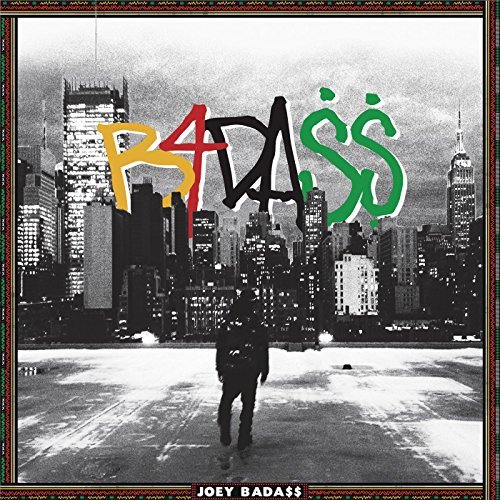
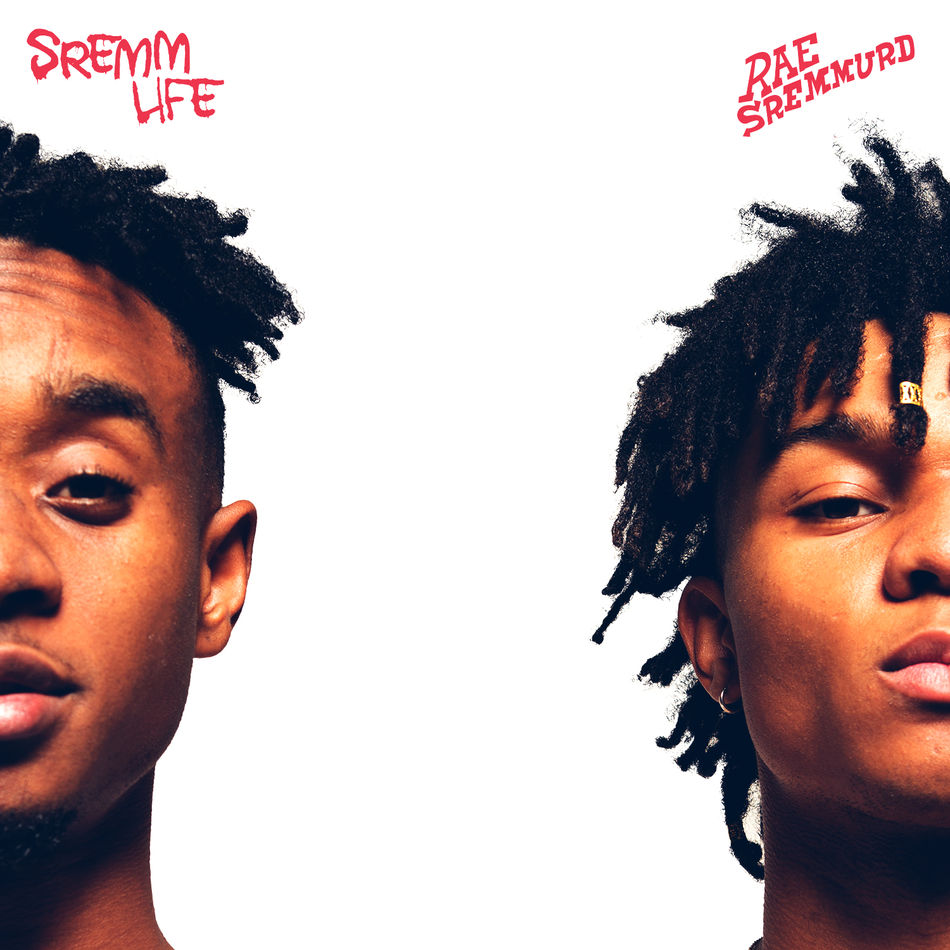
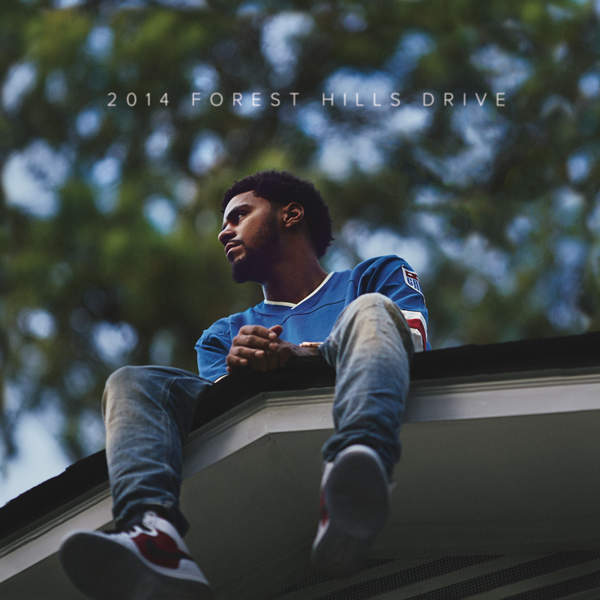






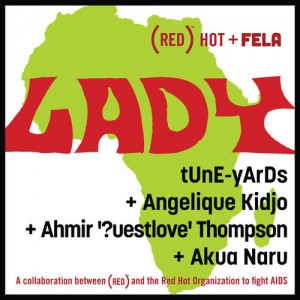
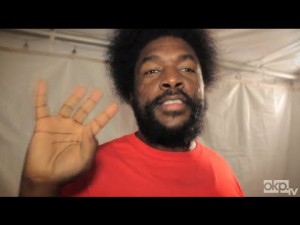

 Mixtape D.L.
Mixtape D.L.
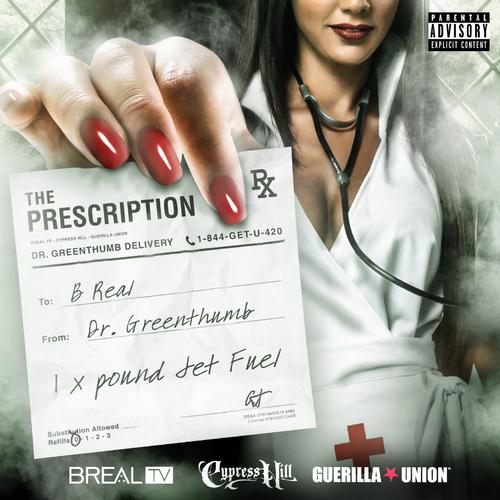

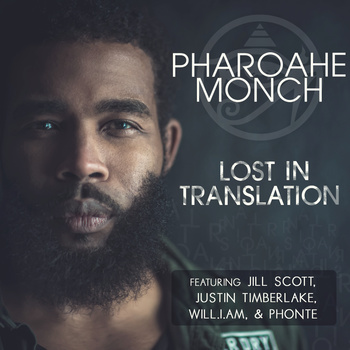

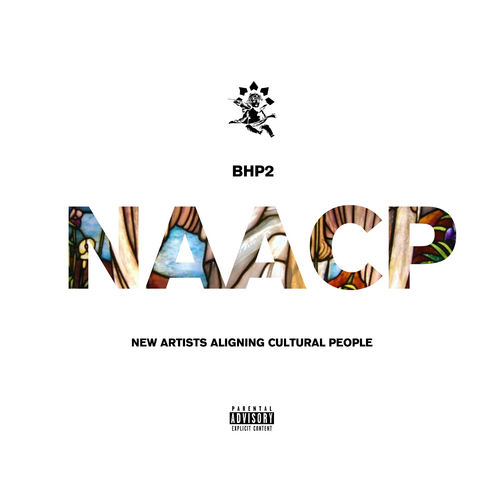

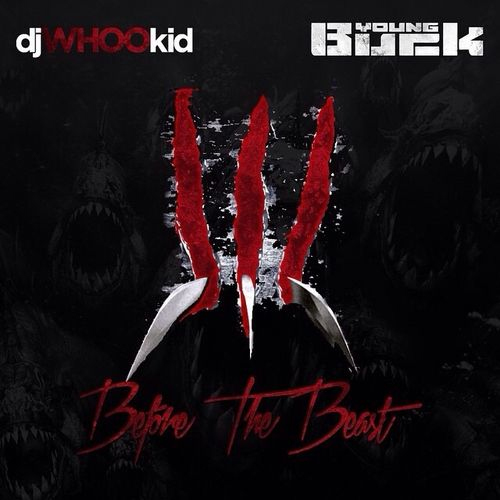
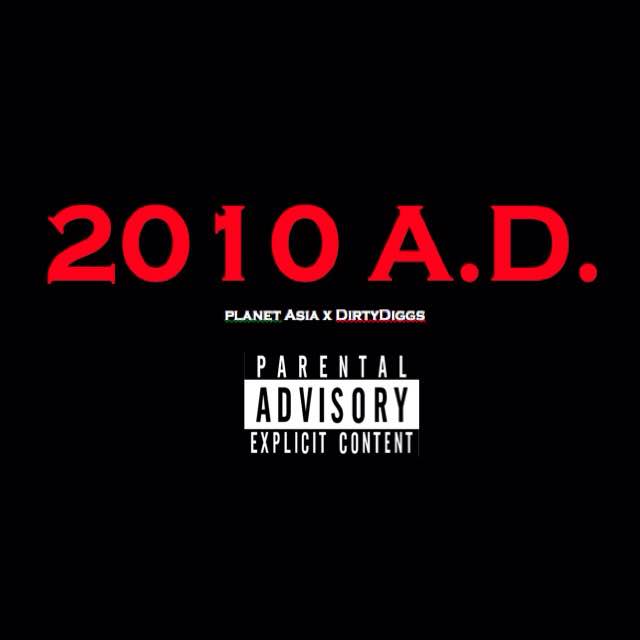
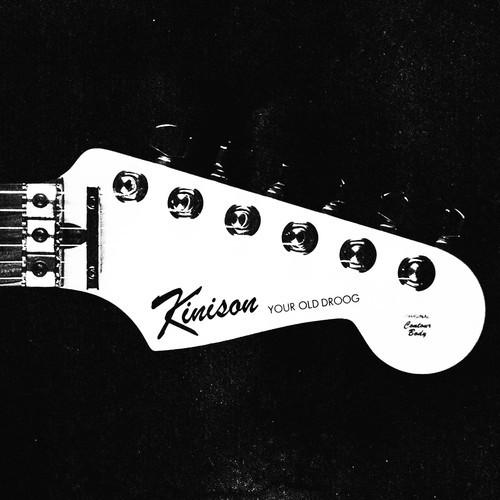
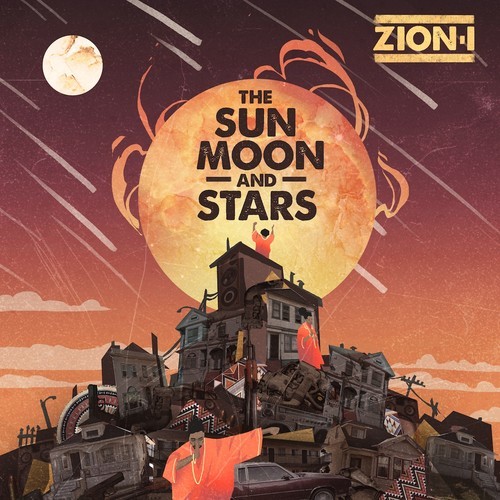

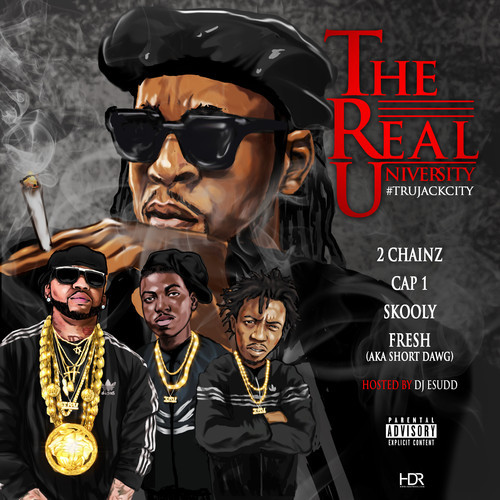
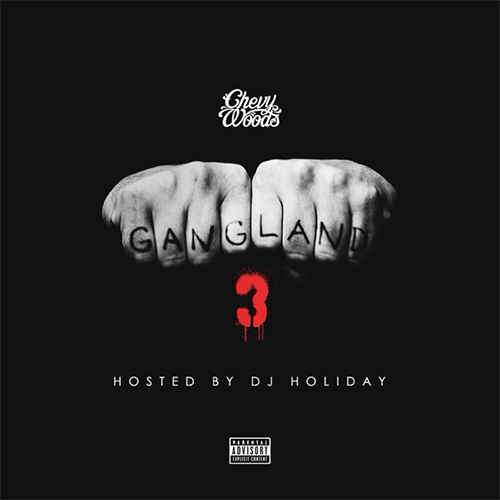
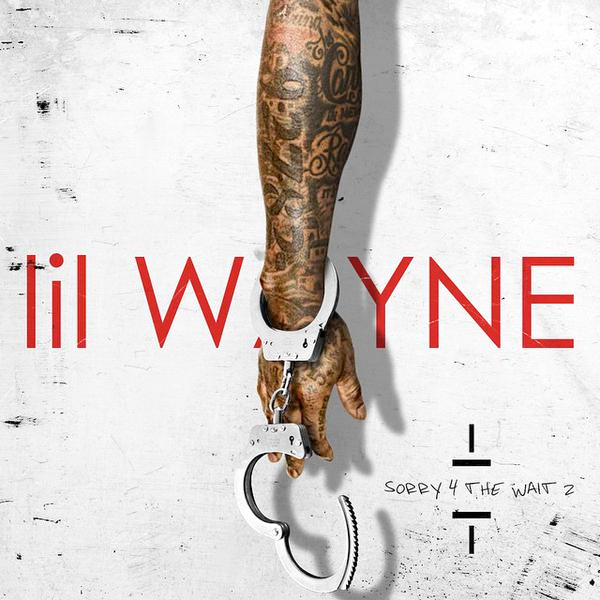
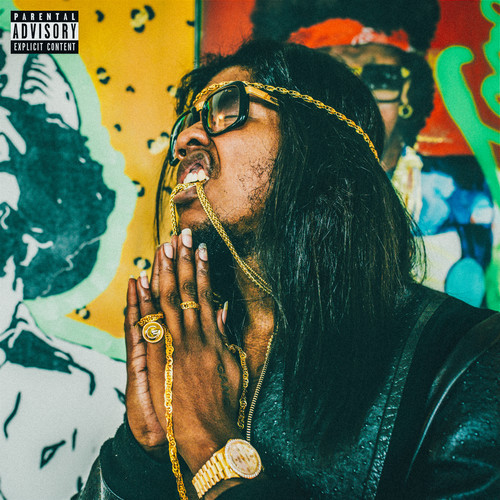





26 September, 2006@12:00 am
0 comments